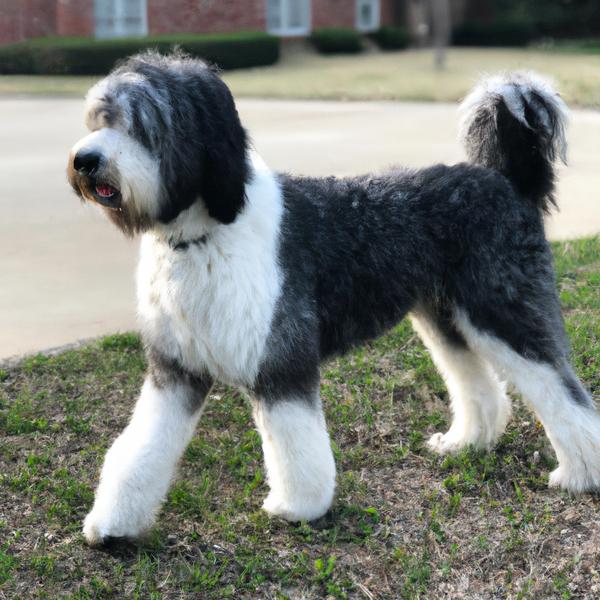Sheepadoodle vs. Lakeland Terrier: Breed Differences and Similarities
Hypoallergenic
Are Sheepadoodles or Lakeland Terriers hypoallergenic, or neither?
Unfortunately, the Sheepadoodle is not hypoallergenic, making it not a good choice for a dog lover who suffers from pet allergies.
While no dogs are truly 100% hypoallergenic, Lakeland Terriers are about as close as it gets, making them an ideal pet if you are an allergy sufferer.
Temperament
What are the personalities of Sheepadoodle and Lakeland Terrier dogs?
Active
Playful
Funny
Loving
Protective
Alert
Intelligent
Sociable
Trainable
Adaptable
Faithful
Bubbly
Instinctual
Independent
Confident
Intelligent
Bold
Friendly
Trainable
Shedding Level
Do Sheepadoodles shed more than Lakeland Terriers, or which breed sheds more, Sheepadoodles or Lakeland Terriers?
Sheepadoodle or Lakeland Terrier dogs are not heavy shedders, but they will lose a significant amount of hair each year. To decrease the amount of shedding, you can regularly brush your Sheepadoodle or Lakeland Terrier. This will remove loose hair and keep their coat growing in the same direction.
Watchdog Ability
Which dog breed makes a better watchdog, the Sheepadoodle or Lakeland Terrier?
The Sheepadoodle and Lakeland Terrier dogs are average watchdogs. If they sense something different, these breeds will alert their owner.
Origin
What is the origin of Sheepadoodle and Lakeland Terrier dog breeds?
United States
England
Ancestry
What are the origins of Sheepadoodle and Lakeland Terrier breeds?
Old English Sheepdog and Standard Poodle
Old English Wirehaired Terriers, Bedlington Terriers
Breed recognition
Which kennel clubs recognize/register Sheepadoodle and Lakeland Terrier?
ACHC = American Canine Hybrid Club
DRA = Dog Registry of America, Inc.
IDCR = International Designer Canine Registry®
American Canine Registry
American Kennel Club
America's Pet Registry
Canadian Kennel Club
Dog Registry of America Inc.
Federation Cynologique Internationale
Kennel Club of Great Britain
North American Purebred Registry, Inc.
American Canine Association, Inc.
Australian National Kennel Council
Continental Kennel Club
New Zealand Kennel Club
Club Espanol De Terriers
Date of Birth
When were Sheepadoodle and Lakeland Terrier breeds first developed?
Unknown
1700s
Eye Color Possibilites
What are the eye colors of Sheepadoodle and Lakeland Terrier dogs?
Blue
Brown
Brown
Nose Color Possibilites
What are the natural nose colors of Sheepadoodle and Lakeland Terrier?
Black
Brown
Black
Coat Color Possibilites
What are the natural colors of the coat for Sheepadoodle and Lakeland Terrier breeds?
Cream
Black
Blue
Brown
Cream
Gray
Red
White
Black
Gray
Brown
Red
Cream
Fawn
Blue
Silver
Sable
Brindle
Coat Length
What is the typical coat length for Sheepadoodle and Lakeland Terrier breeds?
Sheepadoodles are known for their coat length.
Lakeland Terriers have coats that can be either short or medium in length.
Coat Density
What is the density of the coat of Sheepadoodle and Lakeland Terrier?
Coat Texture
What is the hair texture of Sheepadoodle and Lakeland Terrier?
Curly
Wiry
Litter Size
What is the usual litter size for Sheepadoodle and Lakeland Terrier?
A Sheepadoodle can have a litter of 5-8 puppies on average. However, it's worth noting that the size of the litters can vary greatly. Factors that can influence litter size include the health of the mother, breeding history, and genetics.
A Lakeland Terrier can have a litter of 12-16 puppies on average. However, it's worth noting that the size of the litters can vary greatly. Factors that can influence litter size include the health of the mother, breeding history, and genetics.
Adaptability
Sheepadoodles are highly adaptable and versatile, making them excellent companions for families and individuals of all lifestyles.
Lakeland Terriers have average adaptability to changes in lifestyle and living environments compared to other breeds.
Health Issues
Between Sheepadoodle and Lakeland Terrier, which breed is more prone to health problems?
While the Sheepadoodle breed is generally healthy, occasional vet check-ups are still necessary to address any health concerns.
Lakeland Terriers are susceptible to health issues like all breeds, so it's important to monitor their health and seek veterinary care when needed.
Major Concerns
What are the major health concerns for Sheepadoodle and Lakeland Terrier breeds?
Canine Hip Dysplasia (Chd)
Sebaceous Adenitis
Diabetes
Addison's Disease
Gastric Dilation Volvulus (GDV) or Bloat
Legg-Calve-Perthes Disease
Minor Concerns
What minor health issues should be kept in mind when owning Sheepadoodle and Lakeland Terrier?
Entropion
Ectropion
Cataracts
Glaucoma
Von Willebrand's Disease
Tricuspid Valve Dysplasia
Mitral Valve Dysplasia
Cerebellar Abiotrophy (Ataxia)
Demodactic Mange
Patellar Luxation
Allergies
Eye Problems
Occasional Tests
What occasional tests are recommended for Sheepadoodle and Lakeland Terrier breeds?
Skin Evaluation
Eye Examinations
BAER Testing
Blood and Urine Tests
X-rays or other radiographic imaging
Electrocardiograph (ECG - measures rate and rhythm)
Myelography (Dye And X-Ray to Assess The Spinal Cord)
Eye
Hips
X-Rays
Eye Examination
Physical Examination
Allergy Tests
Energy
How do the energy levels of Sheepadoodles and Lakeland Terriers compare?
Sheepadoodles' high energy levels make them unsuitable for a low-key dog, choose accordingly.
Lakeland Terriers thrive on an active lifestyle due to their high-energy nature.
Social Needs
Sheepadoodle vs Lakeland Terrier social needs comparison
Sheepadoodle has very high social needs and requires regular mental and physical stimulation, a job or purpose, and companionship.
Lakeland Terrier has above average social needs and thrives with interaction with humans and other dogs.
Exercise Needed
Sheepadoodle vs Lakeland Terrier exercise need comparison.
Sheepadoodles need only a small amount of physical activity, ideal for busy or elderly people or those with limited space.
Lakeland Terriers require significant physical activity and suit those with an active lifestyle.
Sleeping Need
Which of the two sleeps the most/least: Sheepadoodle or Lakeland Terrier?
Sheepadoodles sleep less than other breeds but still need adequate sleep for good health.
Lakeland Terriers are active and require sufficient sleep to stay healthy.
Tendency to Bark
Do Sheepadoodles or Lakeland Terriers bark more/less frequently?
Sheepadoodle dogs are generally less vocal than other breeds and only bark when necessary, such as to alert their owner or communicate.
Lakeland Terriers bark moderately when necessary and may also bark due to certain triggers like fear, alarm, boredom, greeting, separation anxiety and compulsive barking.
Mouthiness
Mouthiness Comparison: Sheepadoodle vs Lakeland Terrier?
Roaming urge
Sheepadoodle vs Labrador: Running away tendency?
Prey Drive
Sheepadoodle or Lakeland Terrier - which breed has a higher level of prey drive?
Past times
What are some enjoyable activities and ways to keep Sheepadoodle and Lakeland Terrier entertained?
Chase, Fetch, Hiking, Running, Walk, Run, Puzzle Toys, Car rides, Swimming
Dog Parks
Activity Level
Which breed has higher energy, Sheepadoodles or Lakeland Terriers?
Both Sheepadoodle and Lakeland Terrier are medium-energy dogs that enjoy socializing and playing with other dogs. They may engage in casual or sustained games of chase, and occasionally have bursts of barking or racing around the house.
Tolerance of being left alone
Walks per Week
How many miles should Sheepadoodle or Lakeland Terrier walk each week?
There's really no limit to how far you walk your dog as long as they're comfortable. For Sheepadoodle, it's at least 10 miles / week. Just remember to build distance and stamina gradually over time.
There's really no limit to how far you walk your dog as long as they're comfortable. For Lakeland Terrier, it's at least 9 miles / week. Just remember to build distance and stamina gradually over time.
Activity per Day
Do Sheepadoodles or Lakeland Terriers require more exercise?
In general most Sheepadoodles usually need at least 60 minutes of exercise daily. This can be spread across the day and include all sorts of high-energy activities, like walking, running and playing.
In general most Lakeland Terriers usually need at least 45 minutes of exercise daily. This can be spread across the day and include all sorts of high-energy activities, like walking, running and playing.
Grooming
Which breed is easier to maintain in terms of grooming, Sheepadoodles or Lakeland Terriers?
These breeds are known for having high grooming needs.
Brushing Frequency
What is the recommended brushing frequency for Sheepadoodle and Lakeland Terrier dogs?
Ideally, Sheepadoodle should be brushed at least 2 or 3 times a week (preferably daily) improve shedding.
Lakeland Terrier should be brushed at least once a week. Of course you can give them more frequent brushes if you find that they are still shedding a lot
Brushing Tools
What brushing tools are used for Sheepadoodles and Lakeland Terriers?
Pin Brush
Comb
Deshedder
Scissors
Slicker Brush
Deshedder
Clipper
Nail Clipper
Cups
How much food should be given to Sheepadoodle or Lakeland Terrier in cups?
For an average 60-85 pound (27 - 39 kg) Sheepadoodle feed 3 cups daily. But, keep in mind, the amount you feed is going to be dependent on the quality of the food you are feeding.
For an average 15-17 pound (7 - 8 kg) Lakeland Terrier feed 1.3 cups daily. But, keep in mind, the amount you feed is going to be dependent on the quality of the food you are feeding.
Daily Cost
Which breed has a higher daily cost, Sheepadoodle or Lakeland Terrier?
The average cost of a Sheepadoodle is somewhere $2.10 - $2.70 per day.
The average cost of a Lakeland Terrier is somewhere $1.40 - $1.80 per day.
Monthly Cost
Which breed has a higher monthly cost, Sheepadoodle or Lakeland Terrier?
The average per month expenses of a Sheepadoodle is between $55 - $73. This makes an average of $660 - $876 per year. It will be on the higher side when the dog is still small because it will need more frequent visits to the vet, shots.
The average per month expenses of a Lakeland Terrier is between $42 - $53. This makes an average of $504 - $636 per year. It will be on the higher side when the dog is still small because it will need more frequent visits to the vet, shots.
Intelligence
Comparing Intelligence: Sheepadoodles vs Lakeland Terriers
Sheepadoodles are average in obedience intelligence but have a high IQ and may cause trouble if left unsupervised.
Lakeland Terrier has below average obedience intelligence, but they excel in understanding human emotions.
Sensitivity Level
How do Sheepadoodle and Lakeland Terrier compare in sensitivity?
This breed is sensitive to its environment and best suited for patient and understanding families with a consistent routine.
Lakeland Terriers have average emotions and adapt well to different situations.
Affection Dependance
Which is the more affectionate dog breed: Sheepadoodle vs Lakeland Terrier?
Apartment Friendly
Which breed is more apartment-friendly: Sheepadoodle or Lakeland Terrier?
Sheepadoodle and Lakeland Terrier are apartment-friendly dog breeds. They can do perfectly well in apartments providing they are sufficiently exercised and taken out and about as part of their owner's daily lifestyle.
Child Friendly
Do Sheepadoodles or Lakeland Terriers have a friendlier temperament towards children?
Sheepadoodles make excellent family pets for kids due to their gentle, protective nature and calm temperament.
Lakeland Terriers are good with kids if socialized and trained from a young age.
Senior-friendly
Which dog is more suitable as a pet for the elderly - Sheepadoodle or Lakeland Terrier?
Cat Friendly
Do Sheepadoodle or Lakeland Terrier breeds have a better compatibility with cats?
Sheepadoodles are good with cats, but early training is needed to prevent chasing behavior.
Lakeland Terriers are not cat friendly.
Dog Friendly
Which breed is more sociable with other dogs: Sheepadoodle or Lakeland Terrier?
Sheepadoodles are friendly and active companions, and can be good family pets, though their friendliness towards other dogs may vary.
Lakeland Terriers are not dog-friendly.
Pet friendly
How do Sheepadoodle or Lakeland Terrier dogs interact with other pets?
Stranger Friendly
Which breed is more friendly with strangers: Sheepadoodle or Lakeland Terrier?
Sheepadoodles are averagely friendly around strangers but benefit from early socialisation.
Lakeland Terriers are friendly but may bark at strangers, and training is easy due to their intelligence.
Playfulness
Which breed is more playful between Sheepadoodle and Lakeland Terrier?
Sheepadoodle and Lakeland Terrier are playful dogs. So, no matter how busy the day may get, the best thing you can do for Sheepadoodle and Lakeland Terrier is to make time each day to play. It can be as little as 15-20 minutes, and it will mean the world to them.
Trainability
How do the trainability levels of Sheepadoodles and Lakeland Terriers compare?
Sheepadoodles are popular for their ease of training and quick learning ability.
Lakeland Terriers are usually easy to train but require consistency to fully obey commands.
Compare Sheepadoodle with other breeds
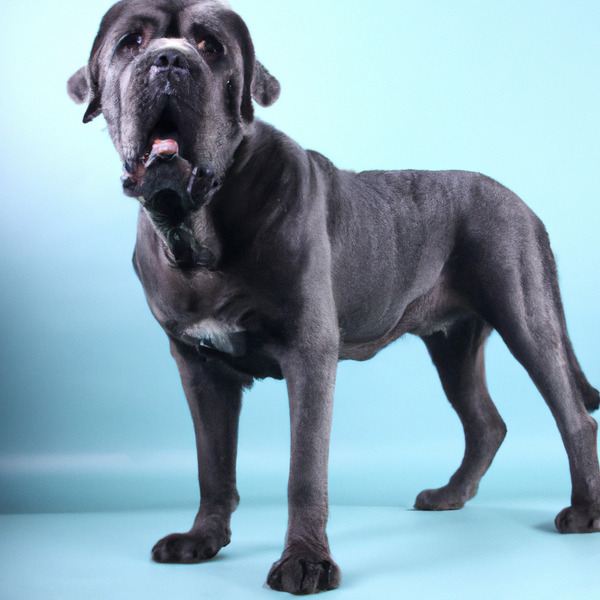
Neapolitan Mastiff
Sheepadoodle vs Neapolitan Mastiff
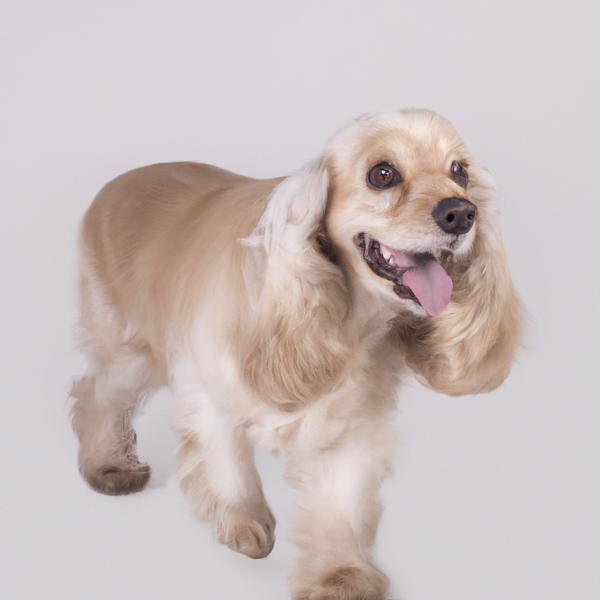
Lha-Cocker
Sheepadoodle vs Lha-Cocker
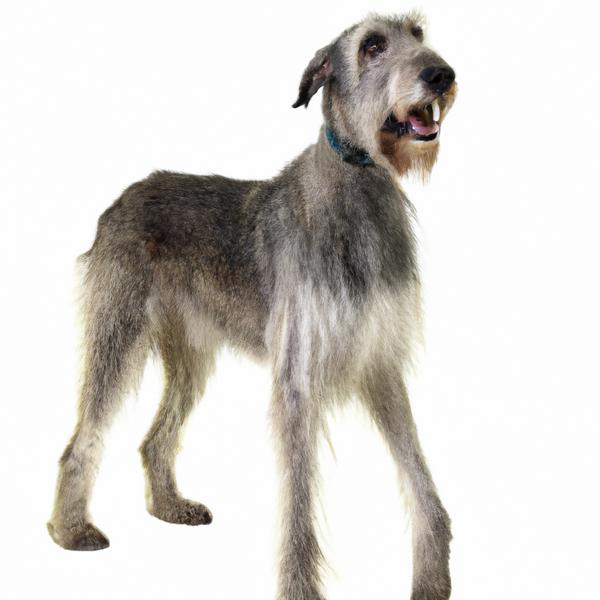
Scottish Deerhound
Sheepadoodle vs Scottish Deerhound
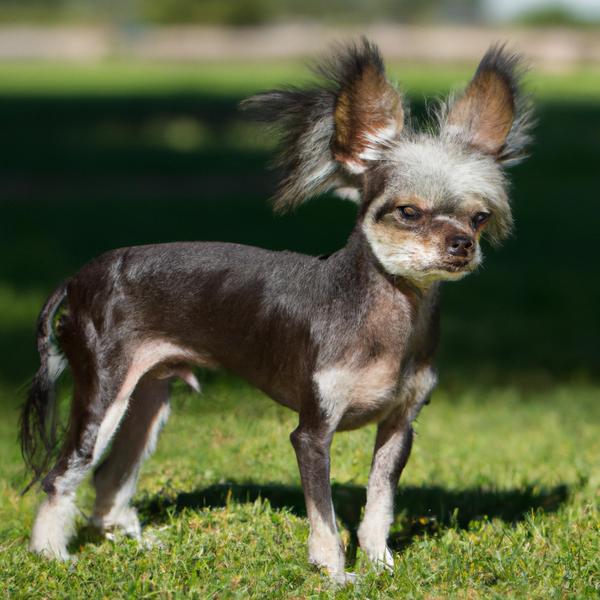
Chin Crested
Sheepadoodle vs Chin Crested
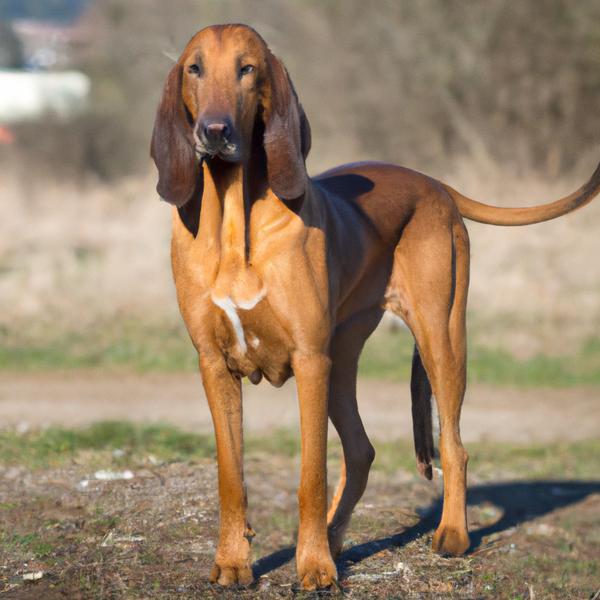
Labloodhound
Sheepadoodle vs Labloodhound
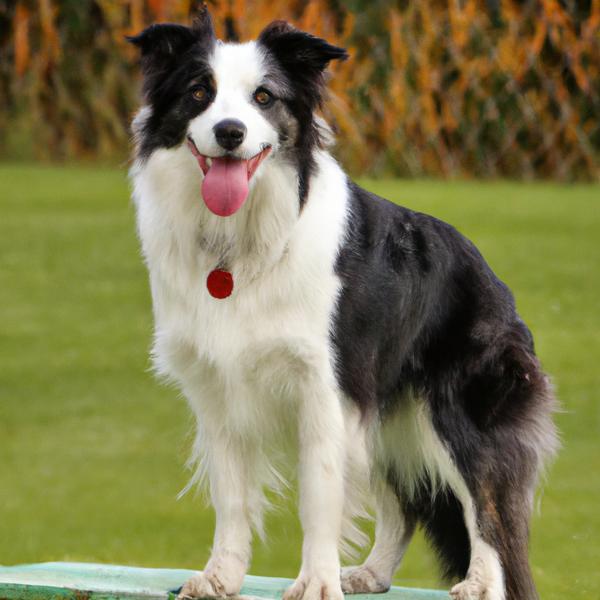
Border Collie Britt
Sheepadoodle vs Border Collie Britt
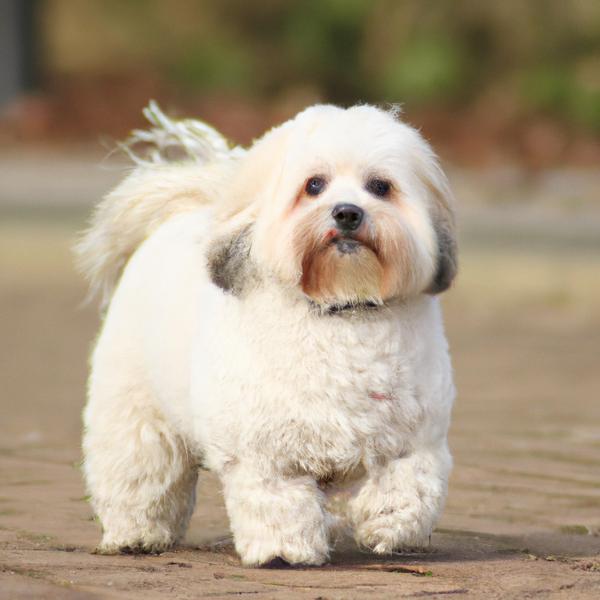
Scotti Apso
Sheepadoodle vs Scotti Apso
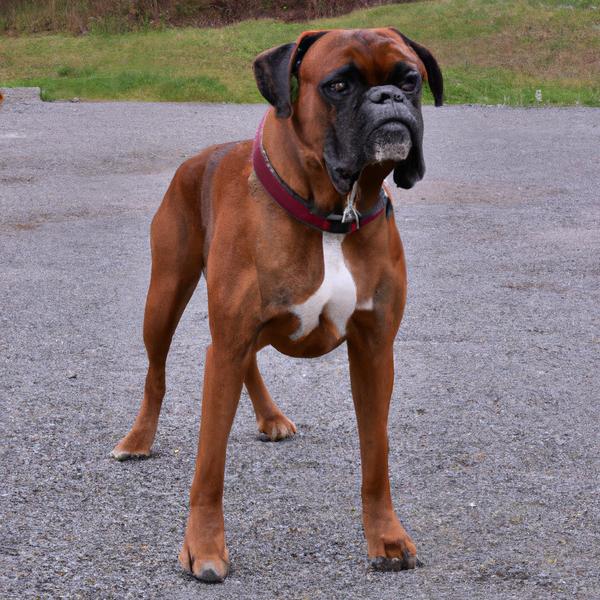
Dogue de Boxer
Sheepadoodle vs Dogue de Boxer
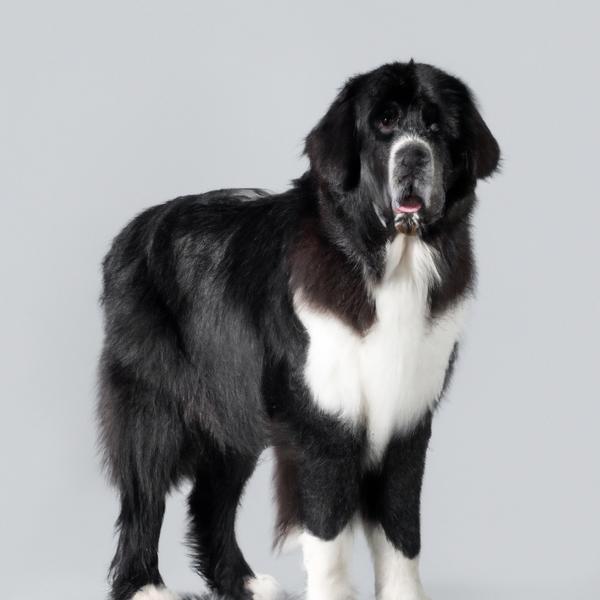
Border Newfie
Sheepadoodle vs Border Newfie
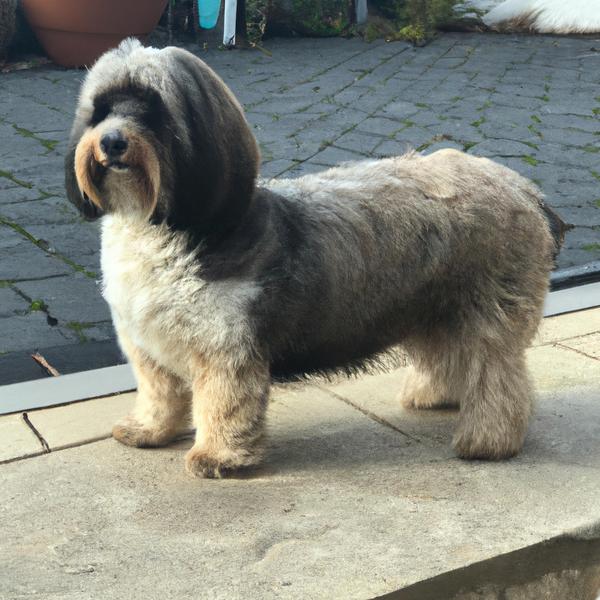
Dachsi Apso
Sheepadoodle vs Dachsi Apso
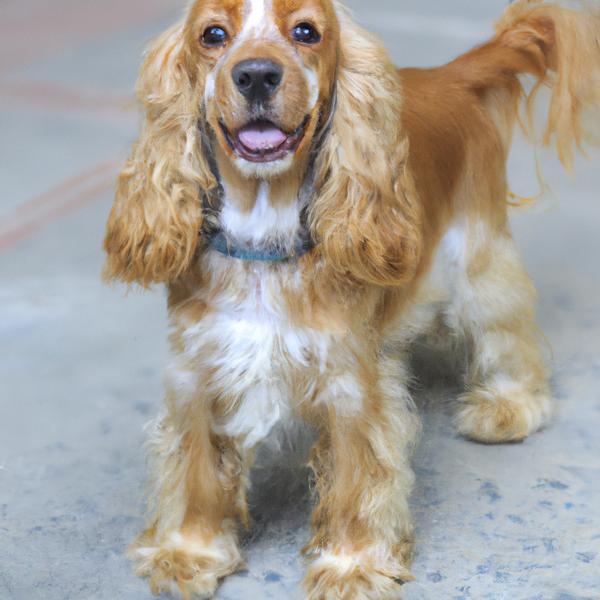
Cocker Jack
Sheepadoodle vs Cocker Jack
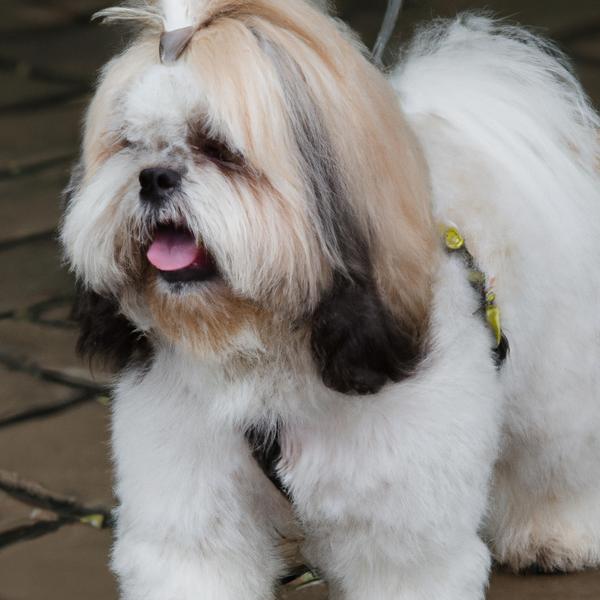
Enga-Apso
Sheepadoodle vs Enga-Apso
